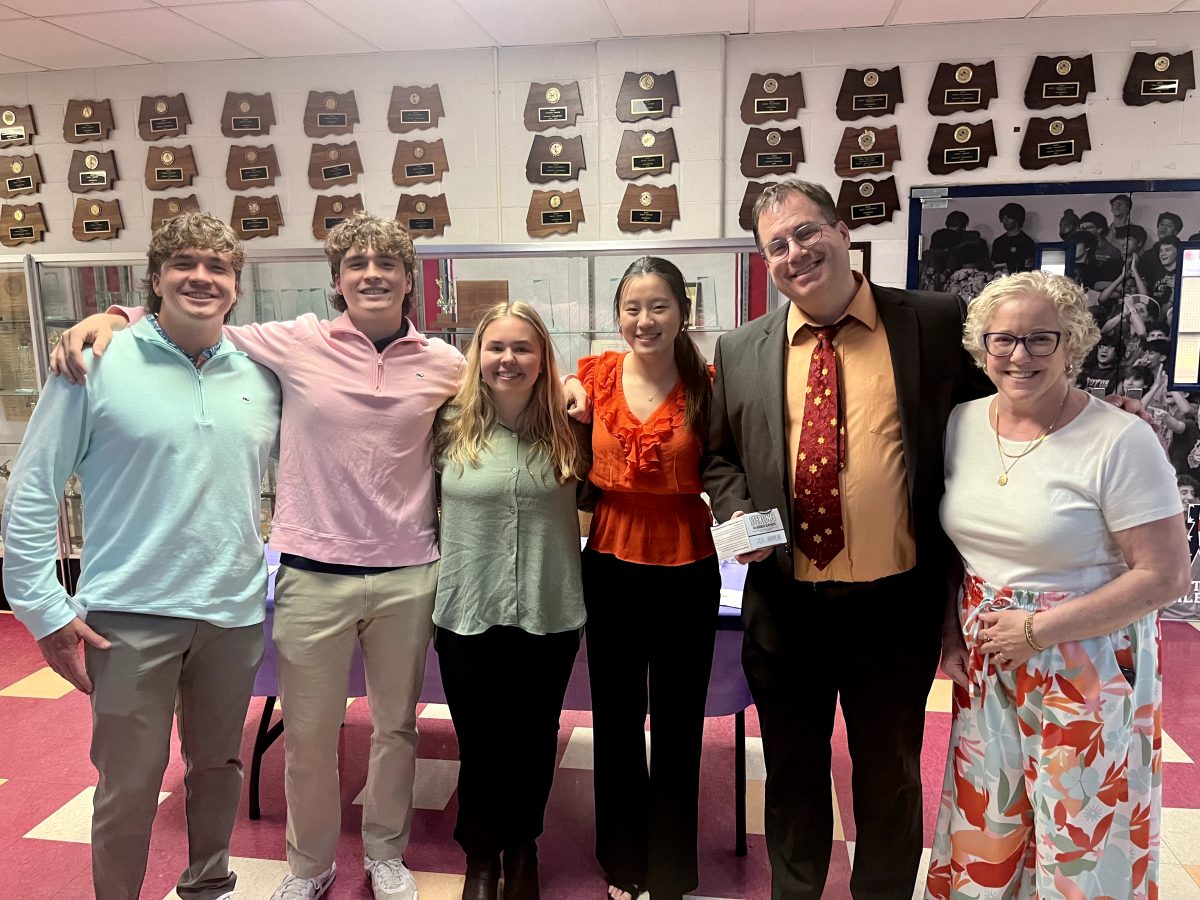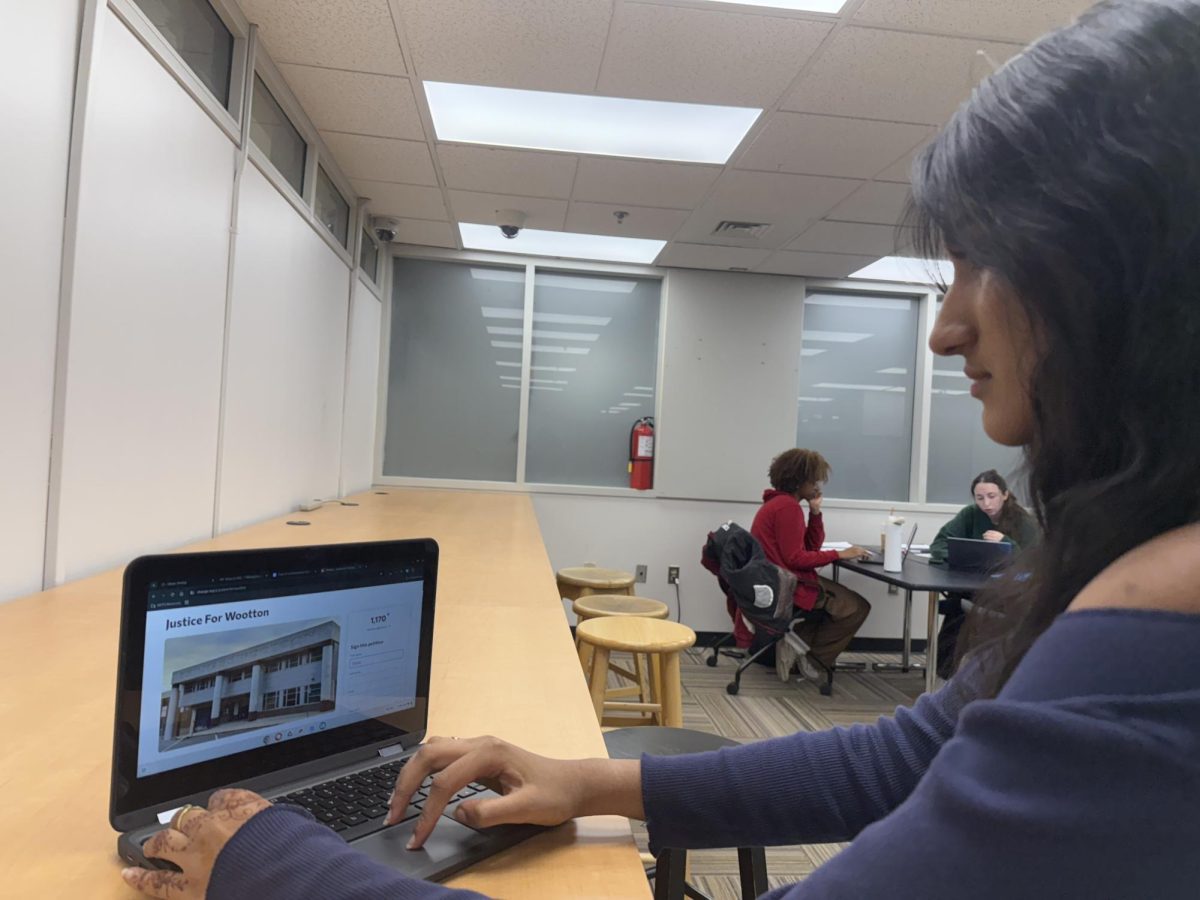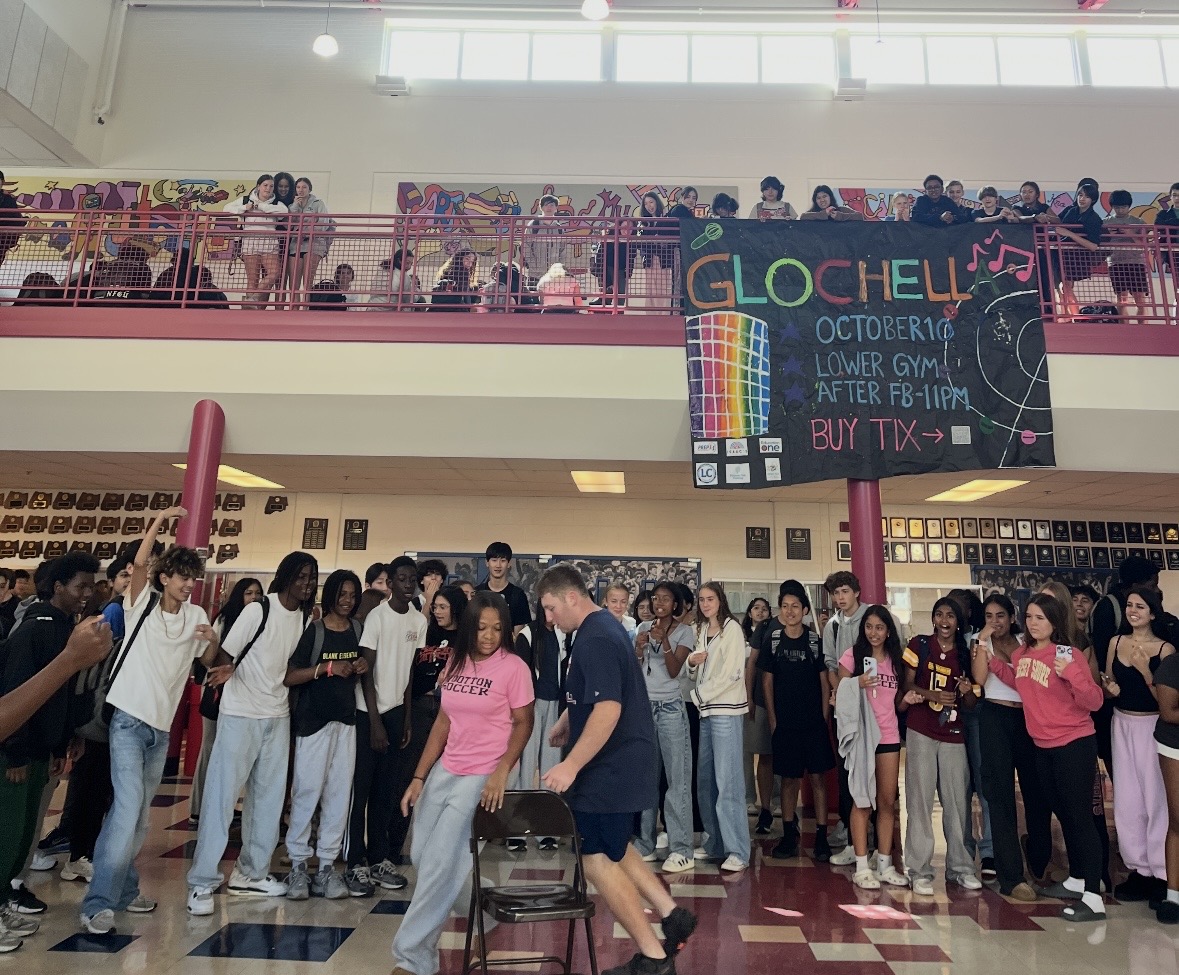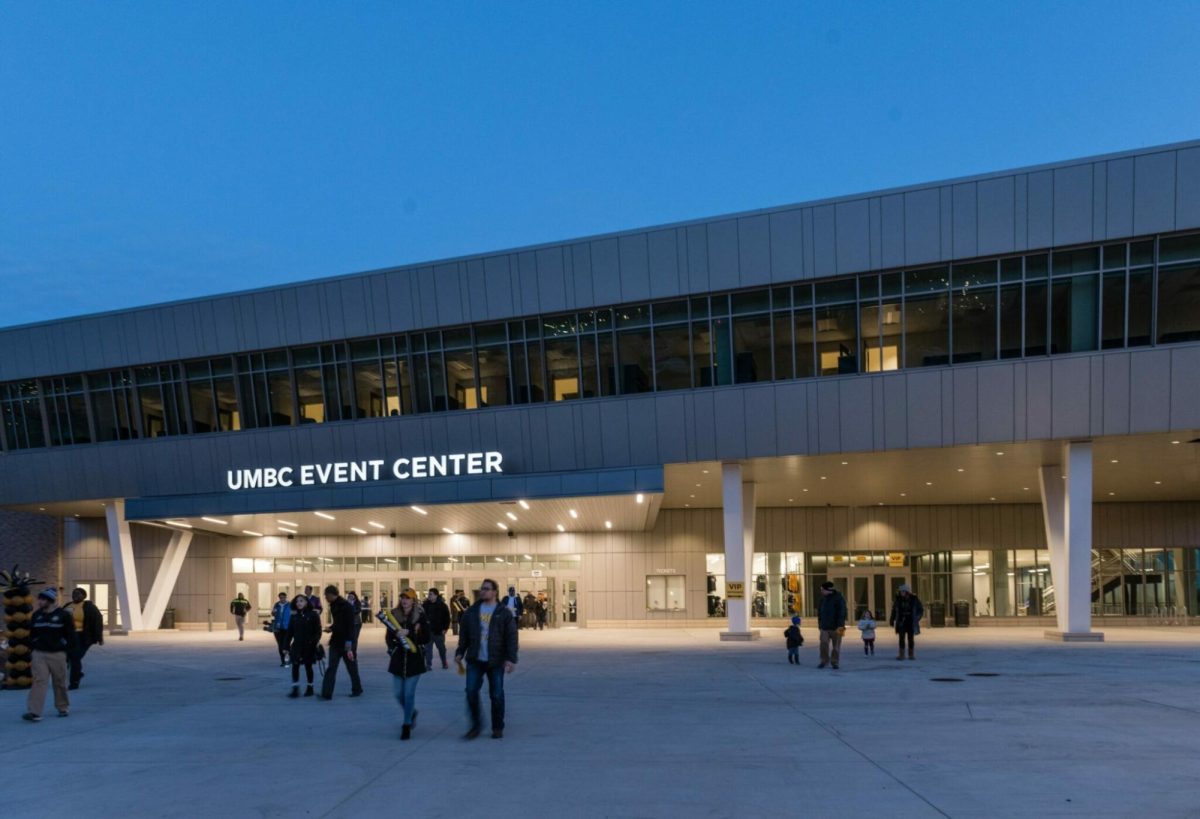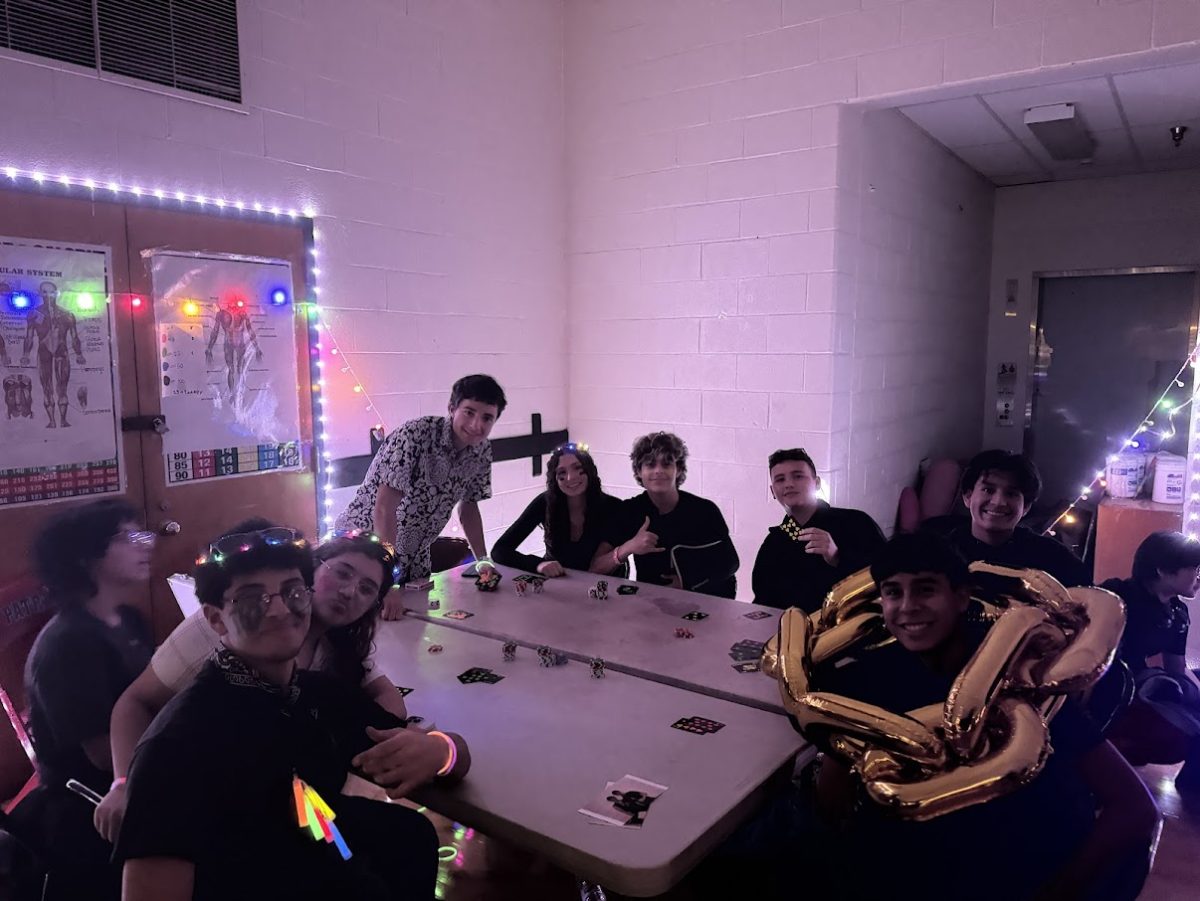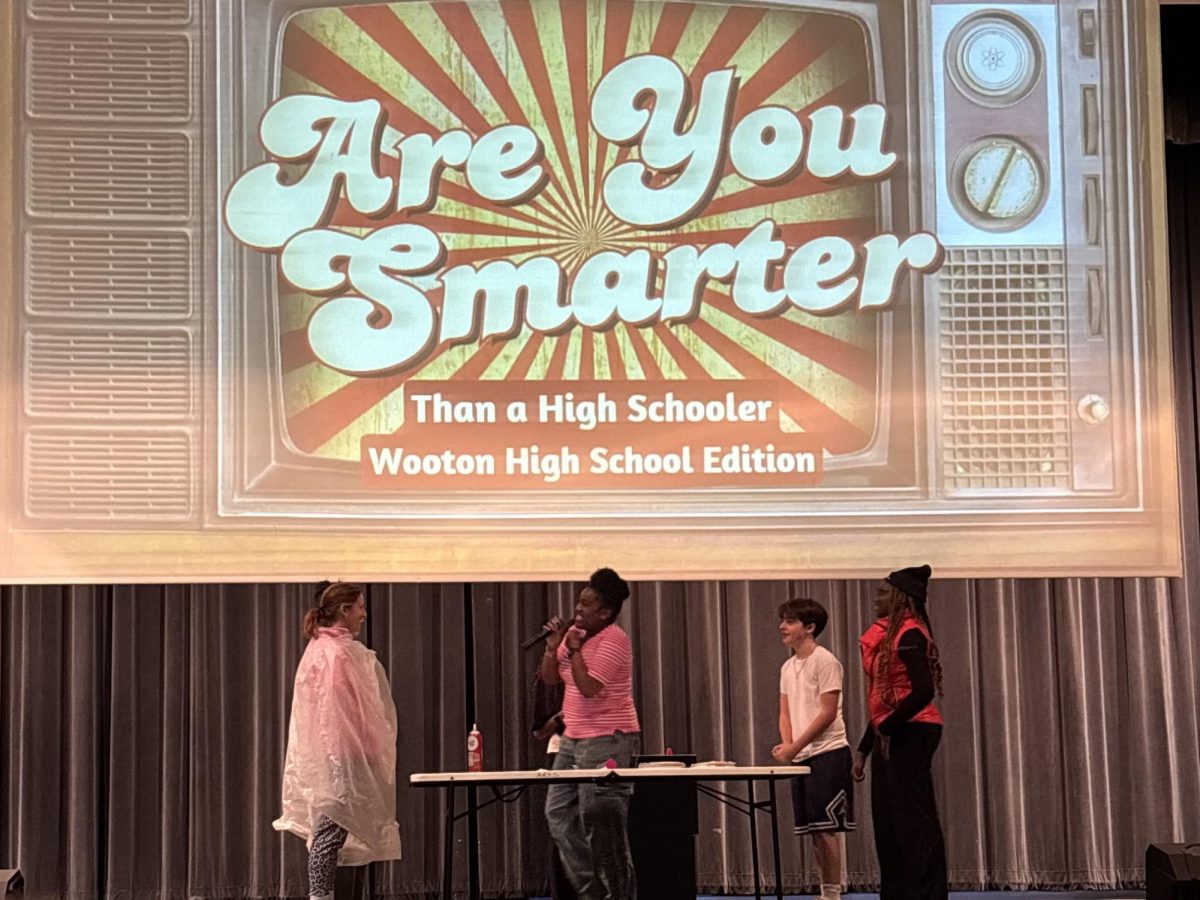As high school students embark on their journey toward higher education, the significance of preparing them for the demands of college cannot be overstated. According to colleges, Advanced Placement (AP) courses are the best way to challenge students, offering the opportunity to tackle college-level material while still in high school. Among the AP’s provided, AP Seminar and AP Research stand out as unique courses for critical thinking, conducting research and presentation skills that help prepare students for the future.
Michelle Hanson, an AP Seminar and AP Research teacher, said that these classes are responsible for shaping college-ready students. “I can’t think of a better set of classes that are geared toward going to college. Everything that students do in Seminar can be used in college in terms of figuring out lines of reasoning, making a good clear argument [and] how to present material professionally,” Hanson said.
Junior Emily Teague is currently enrolled in AP Seminar and has praised it for providing necessary skills that will benefit her in the future. “AP Seminar has helped me learn skills that I will use in everyday life, teaching me how to think on the fly, excel with presentational skills and collaboration with a group,” Teague said.
Junior Ryan Kaufman is taking AP Research next year, and is currently enrolled in AP Seminar. “It is preparing me for college because the class is designed by college professors to simulate what an actual college course looks like,” Kaufman said.
AP Research, as the foundation of the AP Capstone program, serves as a cornerstone in preparing students for academic research. “When students go to college, after they take a seminar and research, they know what to do. They’ve internalized the strategies,” Hanson said.
AP Seminar lays the groundwork for AP Research, the culminating course in the AP Capstone program, where students undertake independent research projects on topics of their choosing. They draw conclusions from their own topic and contribute a piece of original research that adds to that field of knowledge. For example, junior and AP Research student Charlie Balian (this writer’s brother) delved into English teachers’ feelings toward generative AI. “He researched how it is being used and then created his own survey instrument, interviewing teachers across the county about their thoughts. He compiled that data from the teacher responses and analyzed it, essentially writing a new piece of material to add to the AI discussion,” Hanson said.
After students complete their research, they have to give a presentation (15-20 minutes) and oral defense (three to four questions) in front of a panel of three evaluators. This presentation is entirely created by the student themselves, normally consisting of an introduction, research question, methodology, data and conclusion.
On Apr. 25, the AP Research students gathered at school for a symposium to conclude their Capstone. This was the pinnacle of the program, where students showcase their independent research projects. This event reflects students’ months-long journey of research and analysis, highlighting their exploration in their prospective fields and intellectual curiosity. It celebrates students’ achievements, as parents, students, and teachers alike came together to celebrate their hard work.


